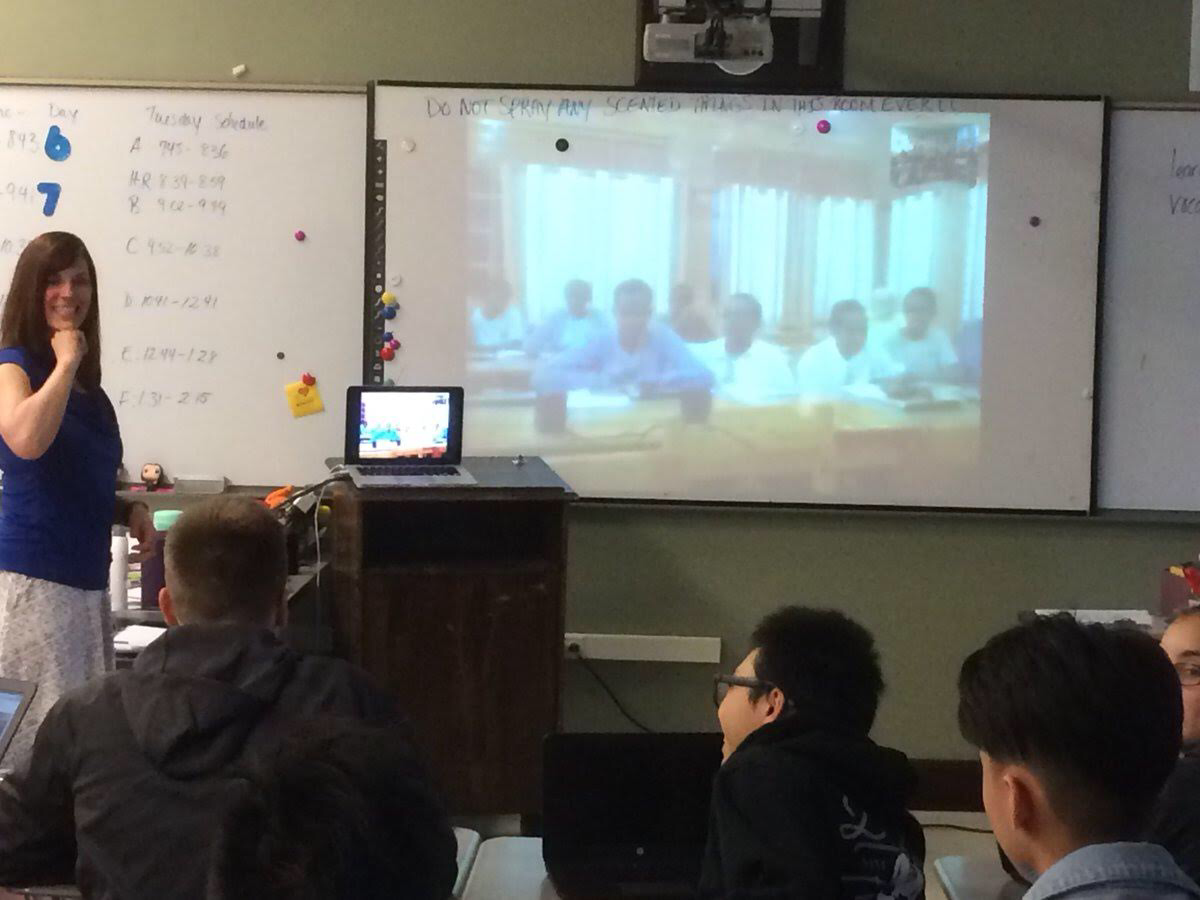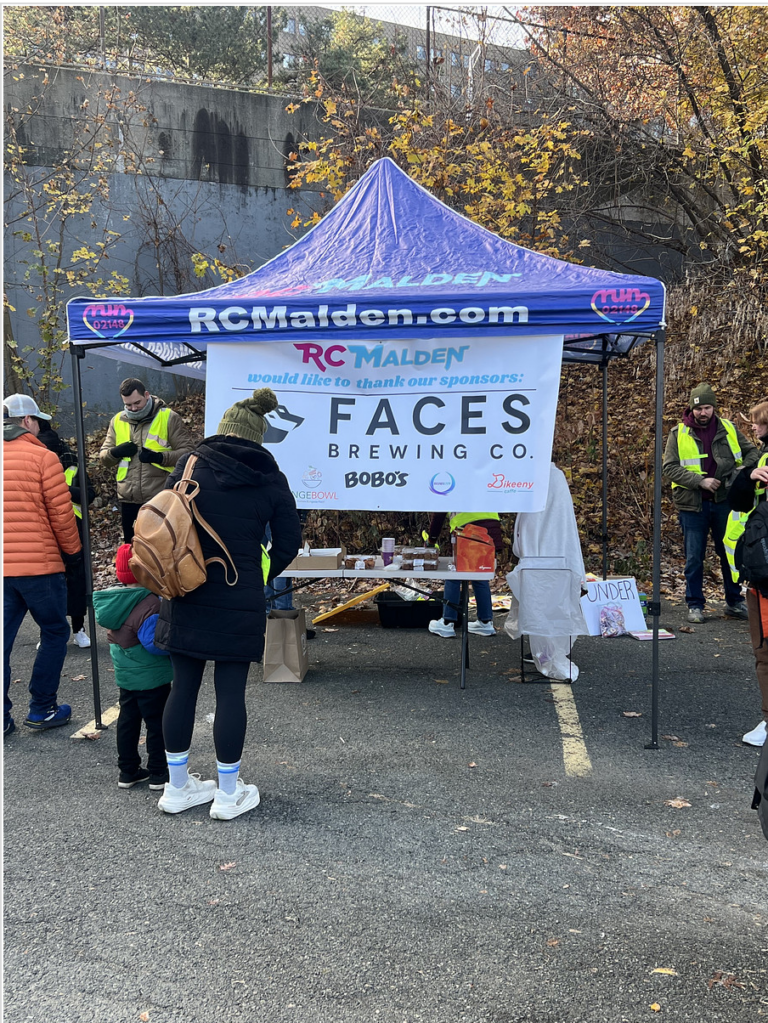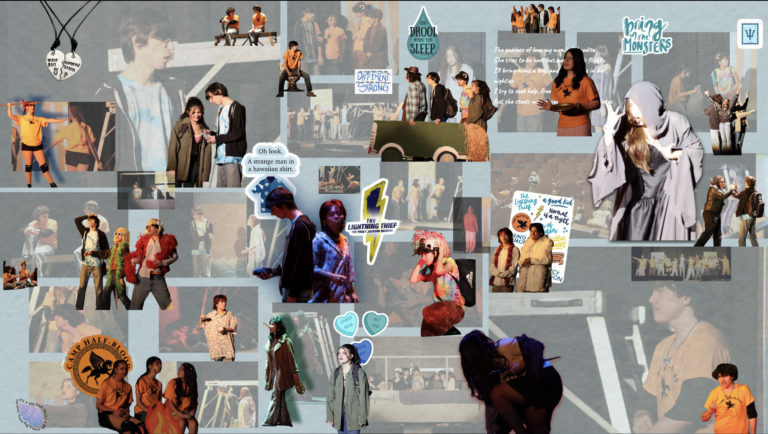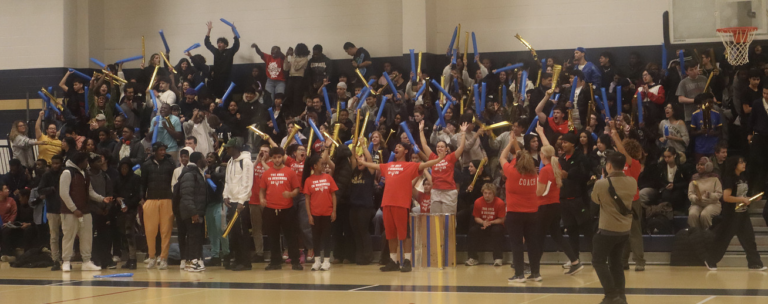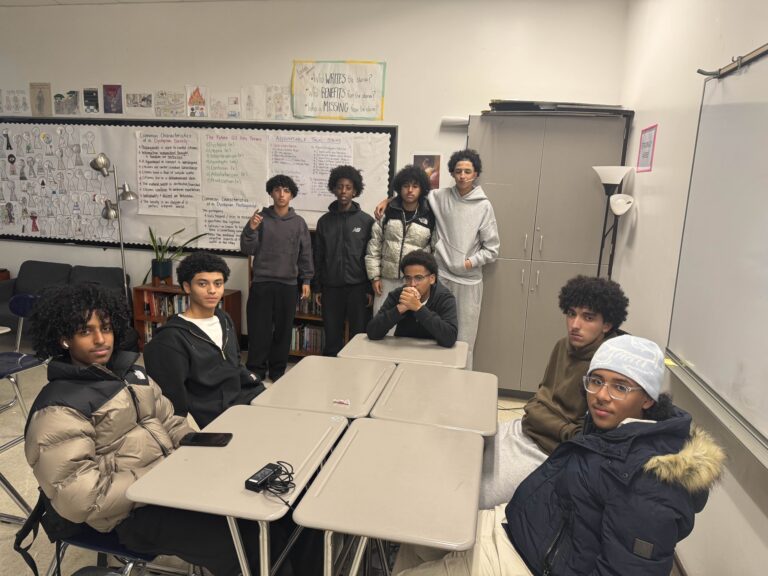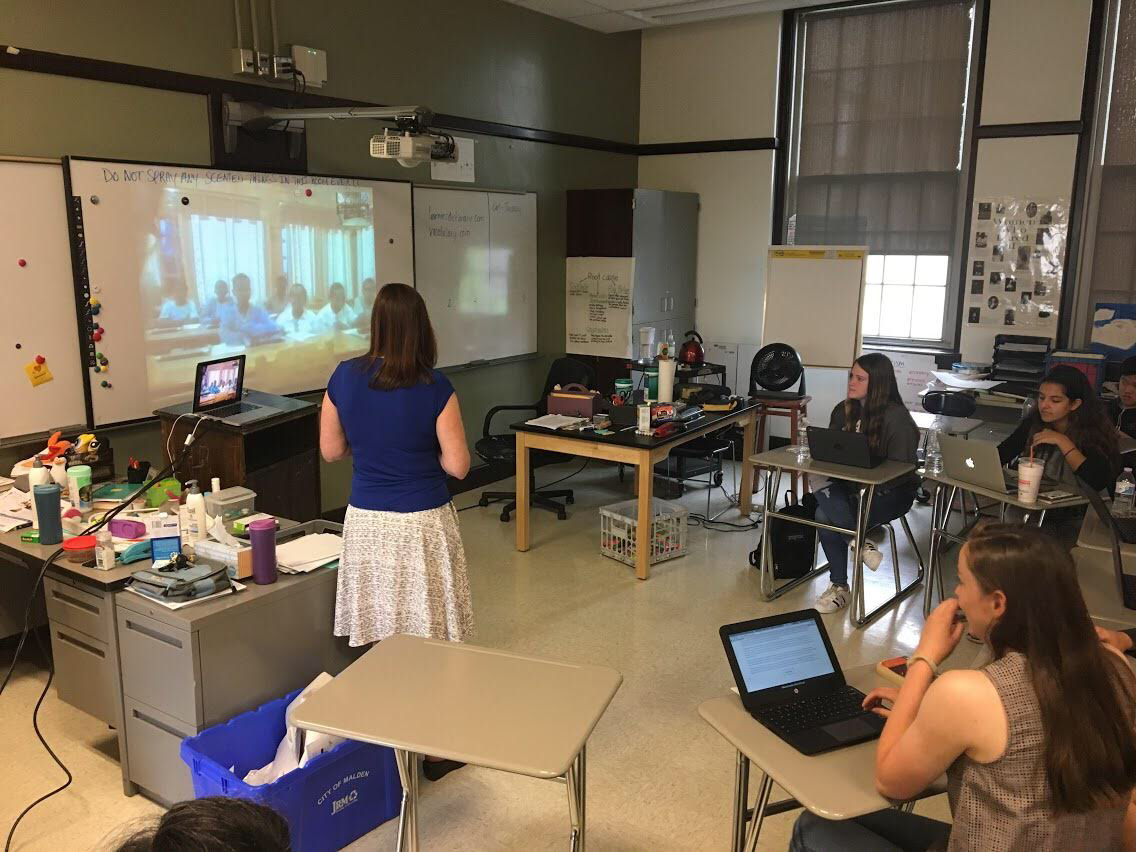
On May 14th 2018, History teacher Kerry Veritas and her period two World History class called students from the Marayungo Girls School in Rwanda via Skype. Veritas stated that her class had just finished a genocide unit, which included studies on the Rwandan Genocide. When offered the opportunity to Skype with the students in Rwanda, they could not decline.
Veritas explained that a professor at Tufts University with a relationship with Malden High School “works with [an all girls] school in Rwanda.” Veritas mentioned that the professor reached out to History teacher Greg Hurley to arrange the Skype session with the her class.
Veritas mentioned that on the Skype call, their class asked the Rwandan students for “their ages, what careers they were considering, and if they learn about the Rwandan Genocide in school.” Their questions mainly focused on getting to know the students and the way they live their lives. When Veritas’ class asked the students if they wanted to know anything about the U.S. or American Schools, one student asked if “[they liked] their president.”
Alongside all the questions on genocide, the Rwandan students gave the class some background information about themselves. Since the Skype call was scheduled on a day Veritas had her class for long block, they were given time to brainstorm some questions for the Rwandan students.
During the call, Veritas explained how she and her students were reminded that “to many around the world, education is highly valued by the students who fully grasp the gift they are being given.” She went further to explain that “in American schools we take [education and school] for granted. . . We have free compulsory public education and therefore, school is often seen by students as something to be endured.”
Junior Caitlin Rufo thought it was “interesting to talk to people from a different country”. Junior Matthew Distefano stated that it is difficult to not only see but understand “how people in other countries actually live and what their views are.” He explained how after talking with the Rwandan students he realized that “genocide happens to normal people.”
Junior Tihun Lawrence said that from the few questions they asked the students on genocide, most of them “said that a lot of what they [knew] was from older family members that [shared] their stories with them.” Lawrence explained how “[she] loved the experience, [and how] it was something that [their class was] really lucky to be able to do.”
Overall, the class seemed to enjoy and find interest in speaking with students live extremely different lives than them.
